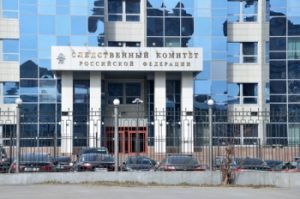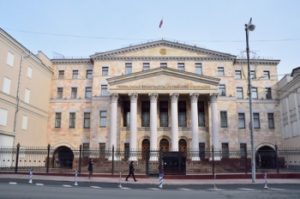Notices and Diffusions Task Force: The Most Secretive Part of INTERPOL’s Redress Mechanism
 In August 2017, just over two weeks apart, two European Union citizens, writer Dogan Akhanli and journalist Hamza Yalçin, both critical of Turkish President Recep Tayyip Erdogan’s regime, were detained in Spain. Spanish authorities acted on requests that Turkey was able to disseminate via INTERPOL following what Erdogan branded a failed coup against him. After these incidents, a meeting between European Union and INTERPOL officials took place during which the latter reportedly assured their counterparts that the INTERPOL Notices and Diffusions Task Force (NDTF) was reviewing 40,000 Red Notices to ensure that they were not politically motivated. At the time, I wrote about my doubts regarding the NDTF activities. Among the things I questioned was how INTERPOL was planning on conducting such a massive review in an effective and objective manner. A comprehensive examination of 40,000 government requests would be an enormous undertaking, even if INTERPOL significantly increased its staff and funding. Such a review would require INTERPOL to go far beyond what is already recorded in its databases, which is the very limited information that governments must produce to have their requests disseminated via the organization’s channels. In most cases, such information does not allow INTERPOL to ensure that a government request complies with its rules. However, it was not only the high volume of information that the NDTF would have to go through that made me question its activities, but the source of such information as well. Because INTERPOL is prohibited from sharing with an individual any information about her or him without the government’s consent, or even the existence of such information in the organization’s databases, the NDTF would often have to look to the government alone for any information about a particular case. It is hard to imagine a country seeking to abuse INTERPOL and at the same time willing to produce objective information to help the organization to conduct a comprehensive assessment of the country’s use of its channels.
In August 2017, just over two weeks apart, two European Union citizens, writer Dogan Akhanli and journalist Hamza Yalçin, both critical of Turkish President Recep Tayyip Erdogan’s regime, were detained in Spain. Spanish authorities acted on requests that Turkey was able to disseminate via INTERPOL following what Erdogan branded a failed coup against him. After these incidents, a meeting between European Union and INTERPOL officials took place during which the latter reportedly assured their counterparts that the INTERPOL Notices and Diffusions Task Force (NDTF) was reviewing 40,000 Red Notices to ensure that they were not politically motivated. At the time, I wrote about my doubts regarding the NDTF activities. Among the things I questioned was how INTERPOL was planning on conducting such a massive review in an effective and objective manner. A comprehensive examination of 40,000 government requests would be an enormous undertaking, even if INTERPOL significantly increased its staff and funding. Such a review would require INTERPOL to go far beyond what is already recorded in its databases, which is the very limited information that governments must produce to have their requests disseminated via the organization’s channels. In most cases, such information does not allow INTERPOL to ensure that a government request complies with its rules. However, it was not only the high volume of information that the NDTF would have to go through that made me question its activities, but the source of such information as well. Because INTERPOL is prohibited from sharing with an individual any information about her or him without the government’s consent, or even the existence of such information in the organization’s databases, the NDTF would often have to look to the government alone for any information about a particular case. It is hard to imagine a country seeking to abuse INTERPOL and at the same time willing to produce objective information to help the organization to conduct a comprehensive assessment of the country’s use of its channels.
Four and a half years later, my doubts concerning the NDTF have anything but disappeared. I continue to consider it part of INTERPOL’s public relations strategy in the face of the growing discontent over the organization’s involvement in human rights violations as opposed to a meaningful step towards the protection of victims of abuse of INTERPOL’s channels. There is virtually no information about the NDTF in the public domain. The only thing that INTERPOL has allowed the public to learn is that the NDTF consists of several dozen staff tasked with assessing government requests at its own initiative. There is no publicly available information on the requirements that the NDTF staff must meet or the methodologies or procedures that it must follow, if any. Moreover, INTERPOL has not disclosed the results of the NDTF work, which begs the question: is the NDTF effective at all? How many government requests has the NDTF reviewed since it was established, how many of them has it found to be in violation of INTERPOL’s rules, what is the nature of such violations, who are the countries-abusers? All these questions remain unanswered. Moreover, I am not aware of any case in which the NDTF has informed the individual concerned about the results of its review.
 Why not bring NDTF, which INTERPOL promotes as an important addition to its redress mechanism, out of the shadows? Why not adopt and publish requirements and procedures that the NDTF must follow as well as the information about the results of its work? Unlike the NDTF, the Commission for the Control of INTERPOL’s Files (CCF), another part of the INTERPOL redress mechanism, has a statute, rules of procedure, and it publishes excerpts from its decisions in individual cases, thereby providing practitioners with some insight into its application of INTERPOL’s rules. Although CCF is still far from achieving its much-needed transparency, the NDTF does not have even one percent of the information published about it that is publicly available about CCF. Under such circumstances, the NDTF cannot be seen as even remotely meaningful in the fight against INTERPOL abuse.
Why not bring NDTF, which INTERPOL promotes as an important addition to its redress mechanism, out of the shadows? Why not adopt and publish requirements and procedures that the NDTF must follow as well as the information about the results of its work? Unlike the NDTF, the Commission for the Control of INTERPOL’s Files (CCF), another part of the INTERPOL redress mechanism, has a statute, rules of procedure, and it publishes excerpts from its decisions in individual cases, thereby providing practitioners with some insight into its application of INTERPOL’s rules. Although CCF is still far from achieving its much-needed transparency, the NDTF does not have even one percent of the information published about it that is publicly available about CCF. Under such circumstances, the NDTF cannot be seen as even remotely meaningful in the fight against INTERPOL abuse.


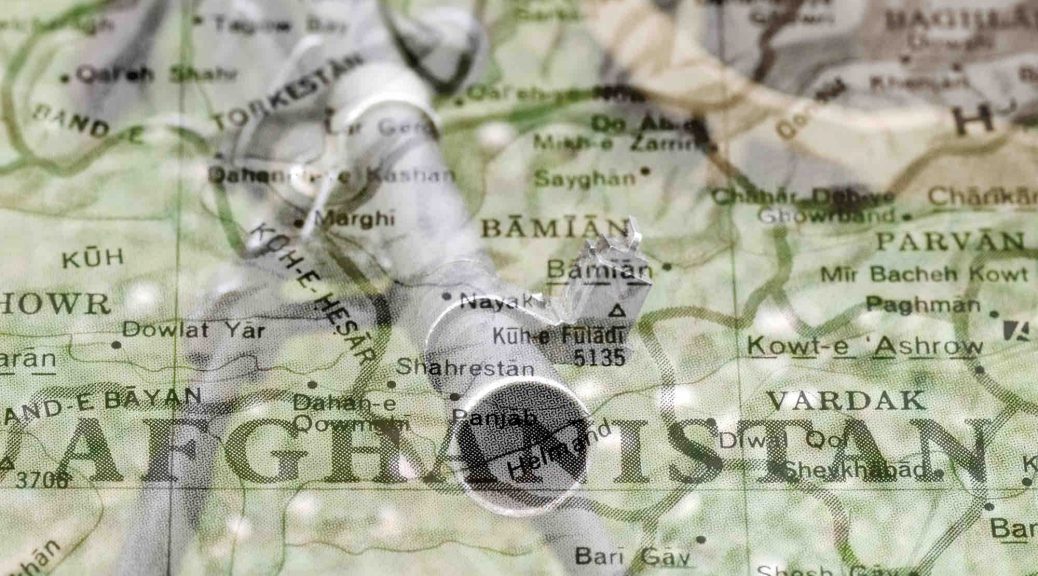
 For several days, the world watched Afghanistan fall into the hands of the Taliban. What seems even more stunning than the speed with which the country has been taken over is what appears to be the readiness of some politicians, including those representing Western democracies, to recognize the new regime as a legitimate government. Let us imagine the Taliban using INTERPOL.
For several days, the world watched Afghanistan fall into the hands of the Taliban. What seems even more stunning than the speed with which the country has been taken over is what appears to be the readiness of some politicians, including those representing Western democracies, to recognize the new regime as a legitimate government. Let us imagine the Taliban using INTERPOL.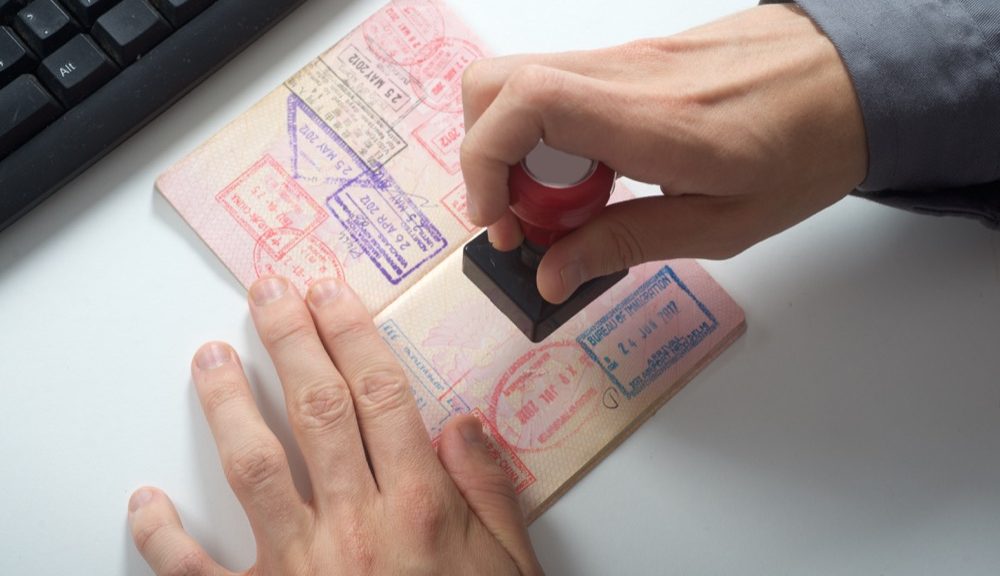



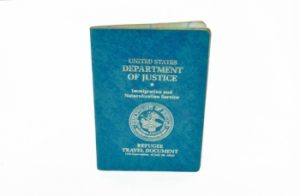




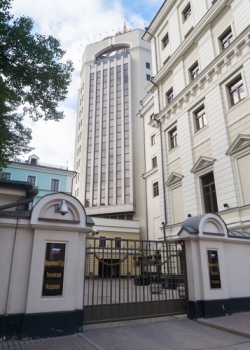
 The full circumstances of this arrest remain unclear. According to some reports, at the time, there was an active Russian request to detain Mr. Browder published in INTERPOL’s database. INTERPOL, however, denied its involvement, and some commentators
The full circumstances of this arrest remain unclear. According to some reports, at the time, there was an active Russian request to detain Mr. Browder published in INTERPOL’s database. INTERPOL, however, denied its involvement, and some commentators 